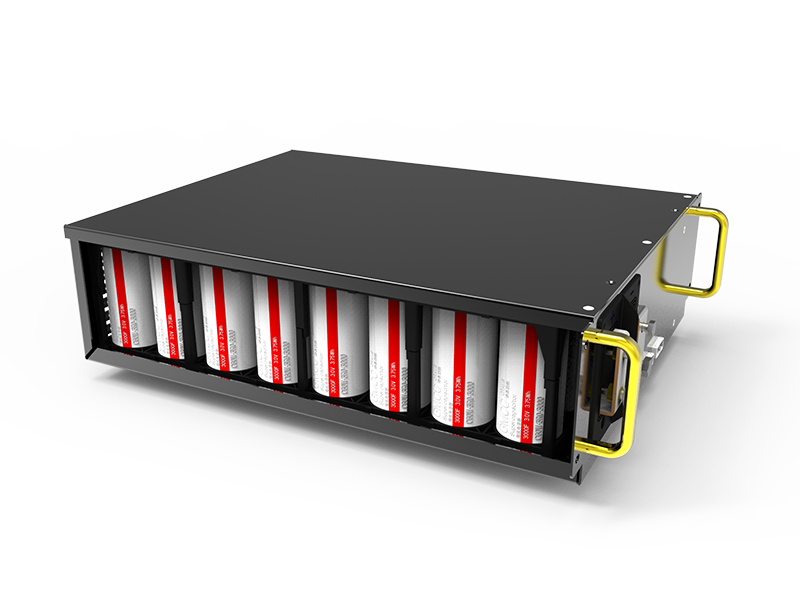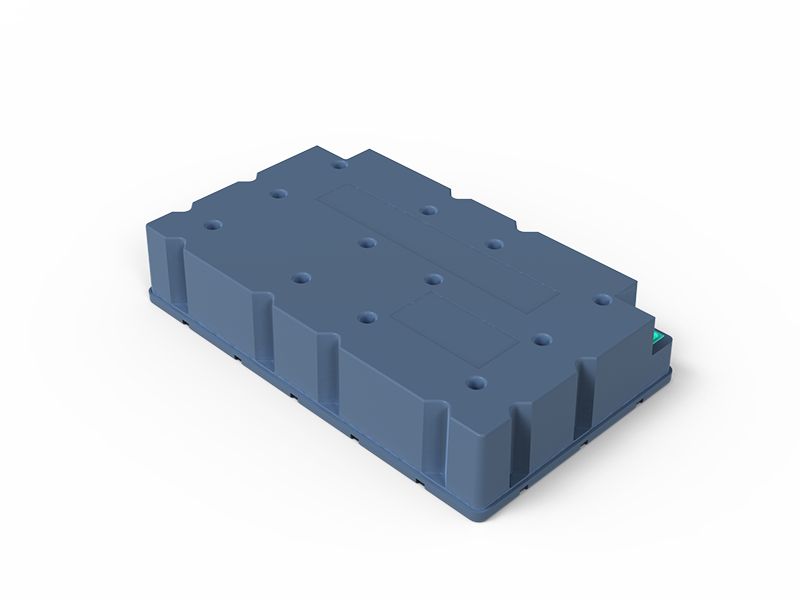High Power Density
Supercapacitors renowned for their high power density, which enables them to store and release energy extremely quickly. This makes them an ideal choice for applications that require rapid charging and discharging, such as electric vehicles (EVs) and grid-scale energy storage systems. such as supercapacitor that can be charged in a matter of seconds, making them a distinct advantage in areas such as start-stop systems, energy recovery, and high-power applications.
Long Cycle Life
Supercapacitors benefit from the energy storage mechanism of electrostatic absorption and desorption, which is also excellent in terms of cycle life, and they can be charged and discharged multiple times without obvious capacitance loss, generally reaching 1 million cycles, which makes them a better choice for applications that require frequent charging and discharging, while lithium-ion batteries have only 1000 to 2,000 cycles.
Operating Temperature Range
Supercapacitors operate over a wide temperature range, making them suitable for use in diverse environments. Lithium-ion batteries, are sensitive to temperature and may experience performance degradation at high or low temperatures. This can limit their use in cold climates or high-temperature environments. ,On the other hand, Supercapacitors can perform well across a wide range of temperatures, making them suitable for use in various applications, including those operating in extreme environments.
Safety
Supercapacitors are generally safer than Lithium-ion batteries,they do not experience e fires and explosions like lithium-ion batteries, making them a safer choice in applications. lithium-ion batteries have a history of fires and explosions that have caused severe safety concerns, safe energy storage is becoming increasingly important as transportation and energy storage systems become more widespread.The safety advantages supercapacitors make them a more suitable choice for use in these systems without posing safety risks.
Post time: Oct-07-2023



